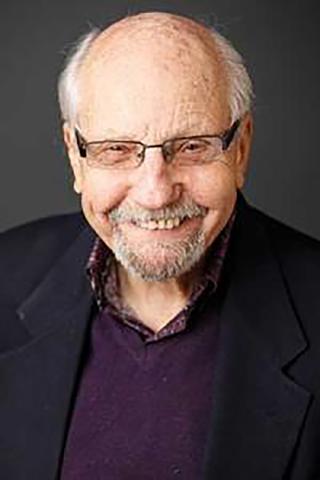
Professor Emeritus, Ph.D., University of Nebraska
Larry E. Beutler is a professor emeritus in the Department of Counseling, Clinical, and School Psychology where he worked from 1990 to 2002.
Larry E. Beutler is Wm McInnes Distinguished Professor Emeritus and former Chair of the Ph.D. Programs at Palo Alto University’s Pacific Graduate School of Psychology. He previously served on the faculties of Duke University Medical School, Stephen F. Austin State University, Baylor College of Medicine (Director of Training), the University of Arizona (Chief of Psychology), and the University of California, Santa Barbara (Director of Training and Program Head). Until his retirement, he was a Consulting Professor of Psychiatry and Behavioral Sciences at Stanford University School of Medicine. He was a candidate for APA President in 2003. Dr. Beutler is the past Editor of the Journal of Clinical Psychology and the Journal of Consulting and Clinical Psychology. He is a fellow of the American Psychological Association and the Association for Psychological Science. He is the Past-President of the Society for Clinical Psychology (Division 12 of APA), a Past President of the Division of Psychotherapy (APA), and a two-term Past-President of the (International) Society for Psychotherapy Research. He is the author of approximately 450 scientific papers and chapters, and is the author, editor or co-author of twenty-six books on psychotherapy, psychopathology, depression, and drug abuse. Among his recent works, Dr. Beutler is the co-editor (with L. G. Castonguay) of the book Principles of Therapeutic Change that Work, Vol. I (Oxford University Press), a co-editor with M. Constantino and L. G. Castonguay on a pending second volume of that work, and a co-editor (With B. Bongar and A. Consoli) of a second edition of the Beutler and Bongar book Comprehensive Handbook of Psychotherapy (Oxford University Press). His work encompasses psychotherapy, psychological assessment, depression, chemical abuse, sleep disorders, health psychology, trauma, terrorism, and other related topics. He has received many awards and honors from national and international organizations for this work, including a Presidential citation from the American Psychological Association and from the Division of Clinical Psychology.